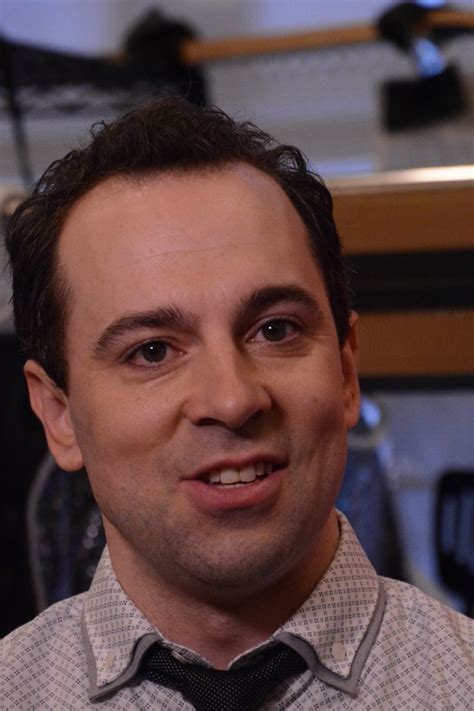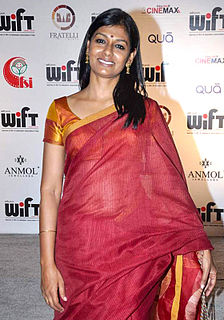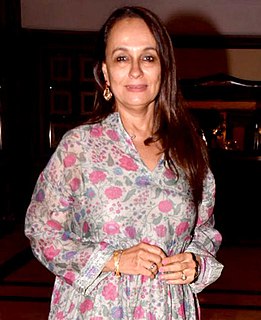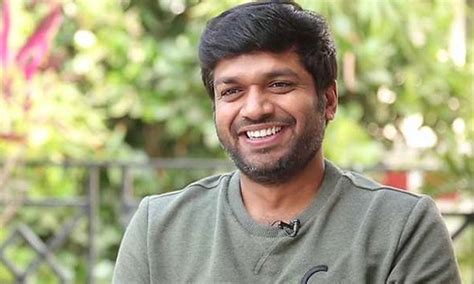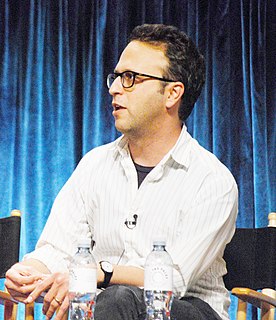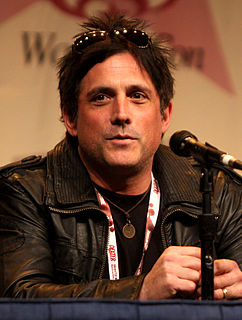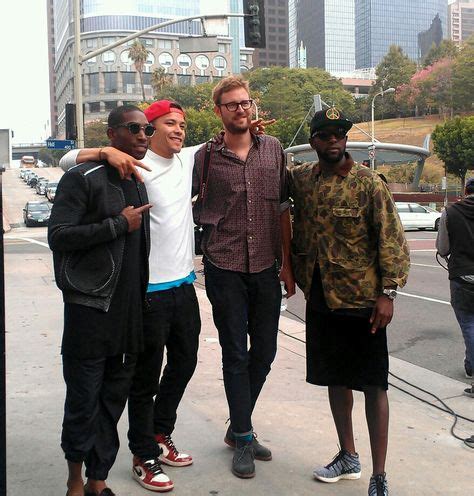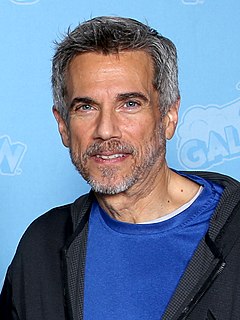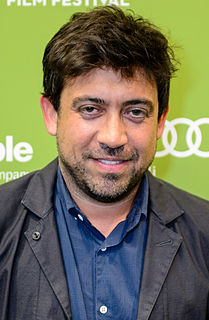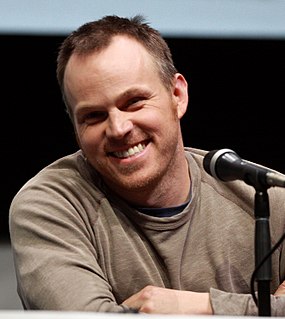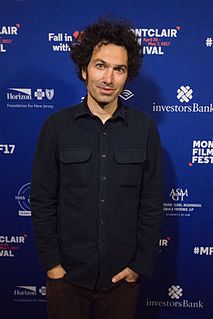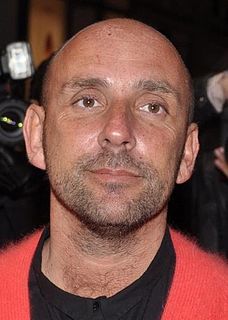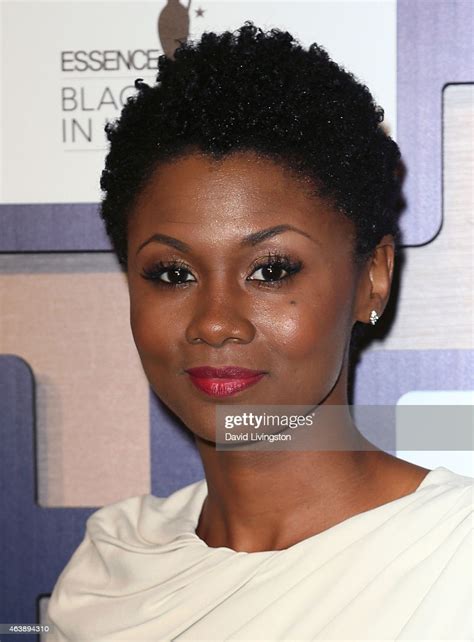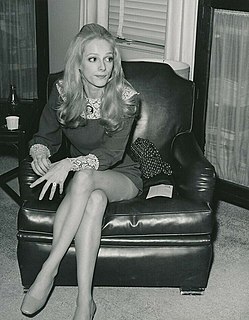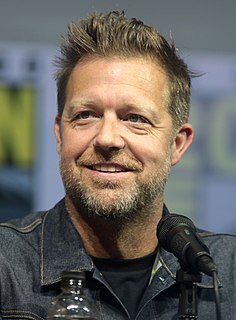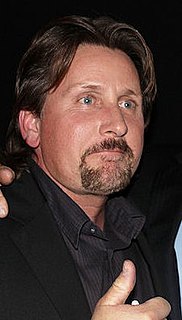Top 1200 Directing Actors Quotes & Sayings - Page 3
Explore popular Directing Actors quotes.
Last updated on April 21, 2025.
Directing is such alchemy, it's so easy to fail. And I've seen people who are great at their jobs because everybody has a go. Editors, DPs, actors, craft services guy, everybody wants to try it out but it is such a diffuse but necessary set of skills that you never know which one this person might lack.
I did a good bit of episodic television directing, but directing a movie is so much more complicated. And there's so much more responsibility because the medium is very much a director's medium. Television is much more of a producer's writer's medium so a lot of the time when you're directing a television show they have a color palette on set or a visual style and dynamic that's already been predetermined and you just kind of have to follow the rules.
Usually, those people don't even like actors and they can't wait until they get in the cutting room. They kind of break down in categories: directors who like to be surprised and some of them abhor being surprised. As far as directing, we all direct when we're acting in movies... every single one of us.
You ask actors what they would like to do, and you constantly keep them engaged. You want their engagement, input, and sensibilities. It's that intimate collaboration that is actually directing. I don't like the mechanicalness or coldness; I like the intimacy. It's like we are creating a child together.
I'd prefer not to act in the film I'm directing. I think, though, as an actor, you do learn how to turn things on and off quickly and kind of compartmentalize. You learn to accommodate the camera and the other actors, to notice where the boom is and where you mark is, and be able to repeat something a few times.
All the theories that acting is reacting to imaginary circumstances as though they are real, and directing is turning psychology into behavior, those are all stabs at something that can't be taught. All the great actors can't talk about what they do, and they don't want to begin to talk about it. They just do it.
When I'm working as a director, I might have an idea of my own but I'm also trying to get great ideas out of my actors. Directing is much more psychological - it's a lot like being a general. And you have to be organized. While you're making a film, you have between 2 and 500 people asking you a billion questions.
There was a great director who directed a picture that I wrote who barred me from the set quite appropriately and said, "I'm sorry, Jim. When you're directing, you don't need to know everything. You need the illusion that you do." And, you know, and I WOULD be there behind him trying to signal the actors in, you know, in a way I wasn't even aware of.
Directing doesn't appeal to me. I'm much more in the world of ideas. My husband is a director, and I understand what it takes to direct. It's a skill set where you have to be able to talk to actors and understand them, and I don't. It's a very different way of being in the world, and I much prefer writing and producing.
I immensely enjoy any experience directing. I've never hated it, and I've had bad experiences. At the end of the day, I just feel like I'm supposed to be on a set. I'm supposed to be working with creative people. I'm supposed to be working with actors and I'm supposed to be manning a project in this capacity. It's interesting.




